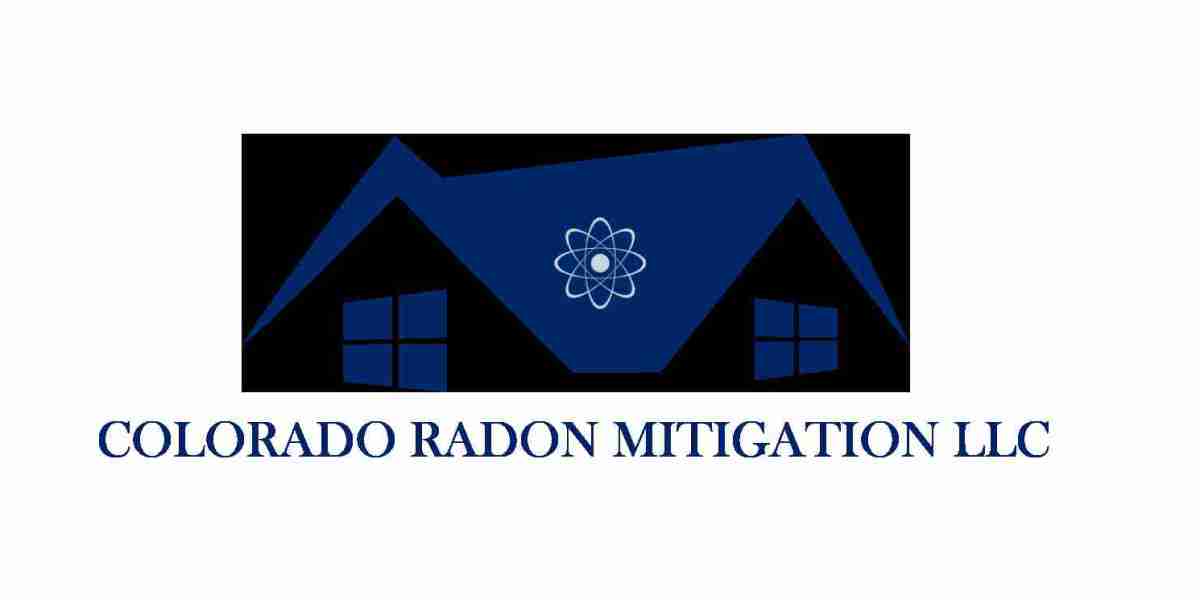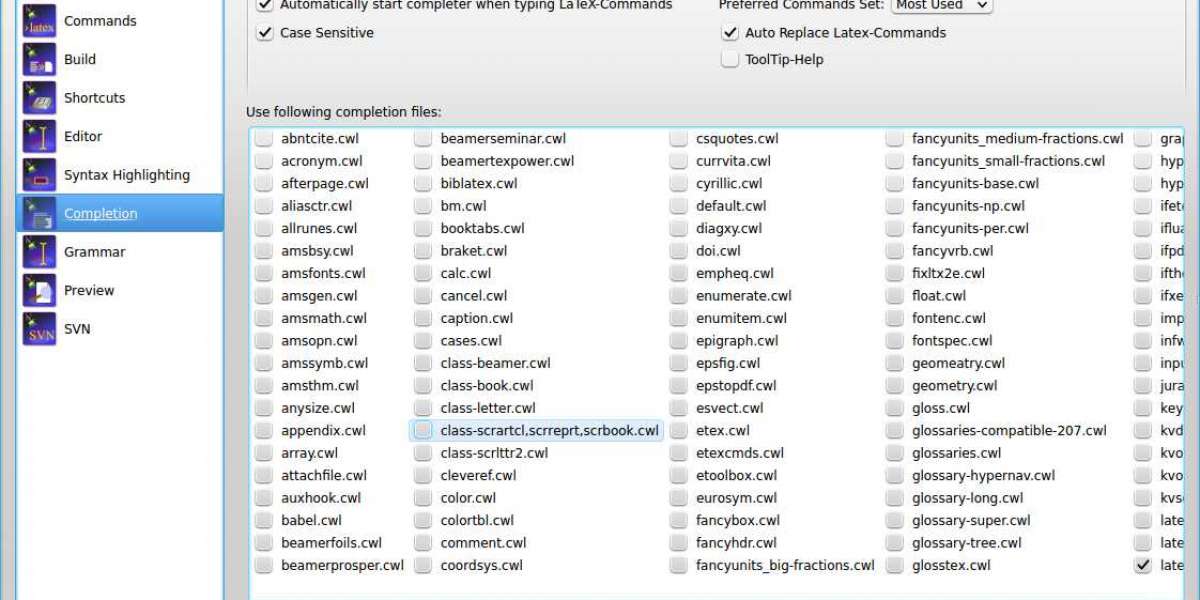Radon is a radioactive gas that forms from the decay of uranium in soil, rock, and water. It can enter homes through cracks and gaps in the foundation, posing significant health risks. Long-term exposure to radon is the second leading cause of lung cancer, emphasizing the importance of radon awareness and testing.
The Importance of Radon in Real Estate
In the context of real estate, radon levels are a crucial factor. Radon real estate transactions often require the disclosure of radon levels to ensure the safety of occupants. Sellers may need to provide test results, and buyers may request radon inspections before completing a purchase.
Conducting Radon Testing
Radon testing is essential for determining radon levels in a property. It involves placing radon detectors in the lowest livable areas of the home for a specified period. These tests measure the average radon concentration, providing vital information for homeowners and buyers. Radon testing real estate ensures that homes are safe for occupancy.
Understanding Radon Test Results
Interpreting radon test results is a critical step in addressing radon issues. Radon levels are measured in picocuries per liter (pCi/L). The Environmental Protection Agency (EPA) recommends mitigation for homes with radon levels exceeding 4 pCi/L. Understanding these results helps homeowners take the necessary steps to reduce radon exposure.
Effective Radon Mitigation Strategies
Several radon mitigation strategies can effectively reduce radon levels in homes. The most common method is sub-slab depressurization, which involves creating a vacuum beneath the foundation to prevent radon from entering the home. This technique is highly effective and widely used in radon mitigation.
The Cost of Radon Mitigation
The cost of radon mitigation varies based on the size of the property and the complexity of the mitigation system. Homeowners can expect to spend between $800 and $2,500 for professional radon mitigation. Although this may seem costly, the health benefits and peace of mind it provides are well worth the investment.
Legal Requirements for Radon in Real Estate
Various states have legal requirements for radon testing and mitigation in real estate transactions. These regulations ensure that properties meet safety standards, protecting both buyers and sellers. Understanding these legal requirements is essential for navigating radon-related real estate transactions.
Selecting a Qualified Radon Professional
When it comes to radon testing and mitigation, hiring a qualified professional is crucial. Certified radon professionals have the expertise and equipment to accurately test and mitigate radon levels. Their adherence to industry standards ensures that the job is done safely and effectively.
Benefits of Long-Term Radon Mitigation
Implementing radon mitigation measures provides long-term benefits, including improved indoor air quality and reduced health risks. Homes with effective radon mitigation systems are more attractive to potential buyers, enhancing property value. Investing in radon mitigation is a wise decision for any homeowner.
In conclusion, addressing radon issues in real estate is vital for ensuring safe and healthy living environments. By proactively managing radon levels, homeowners can protect their families and increase their property's market value. For comprehensive radon testing and mitigation services, visit coloradoradonmitigation.com and make your home a safer place today.














